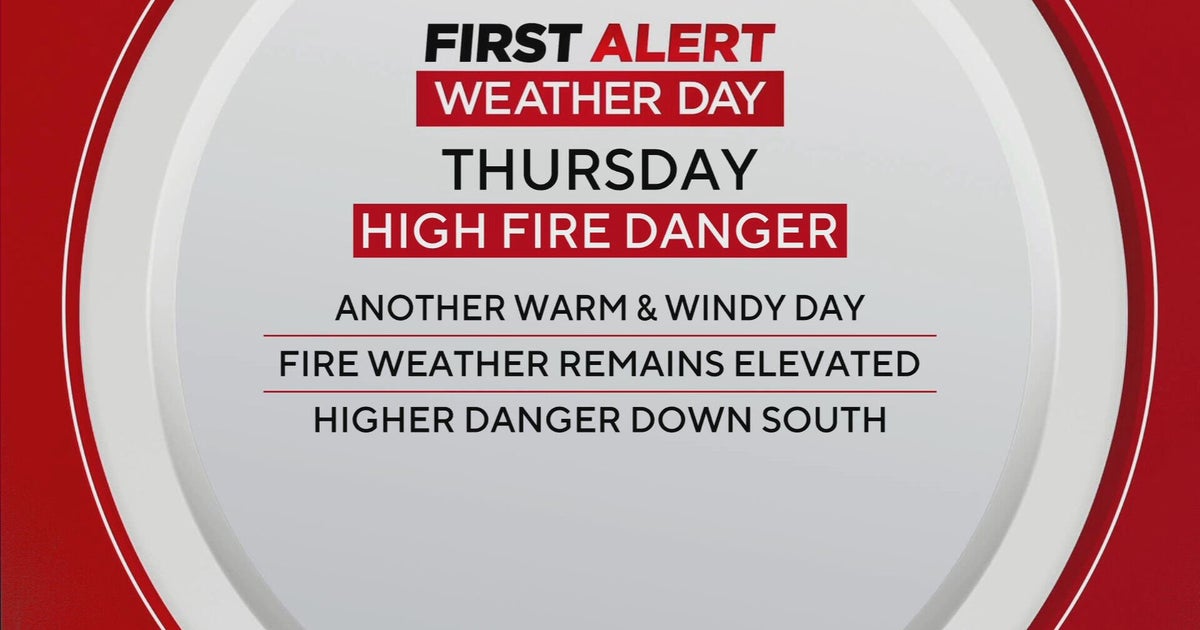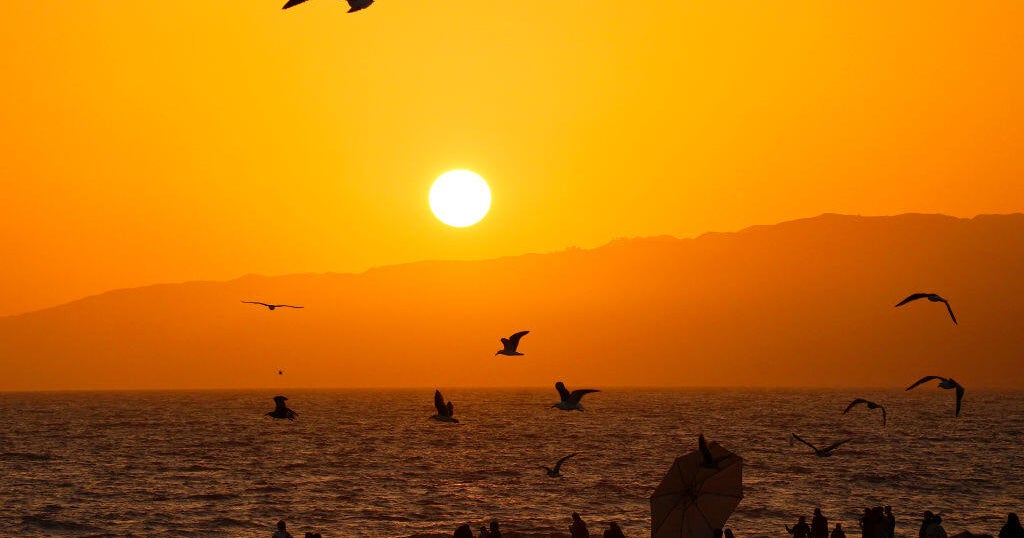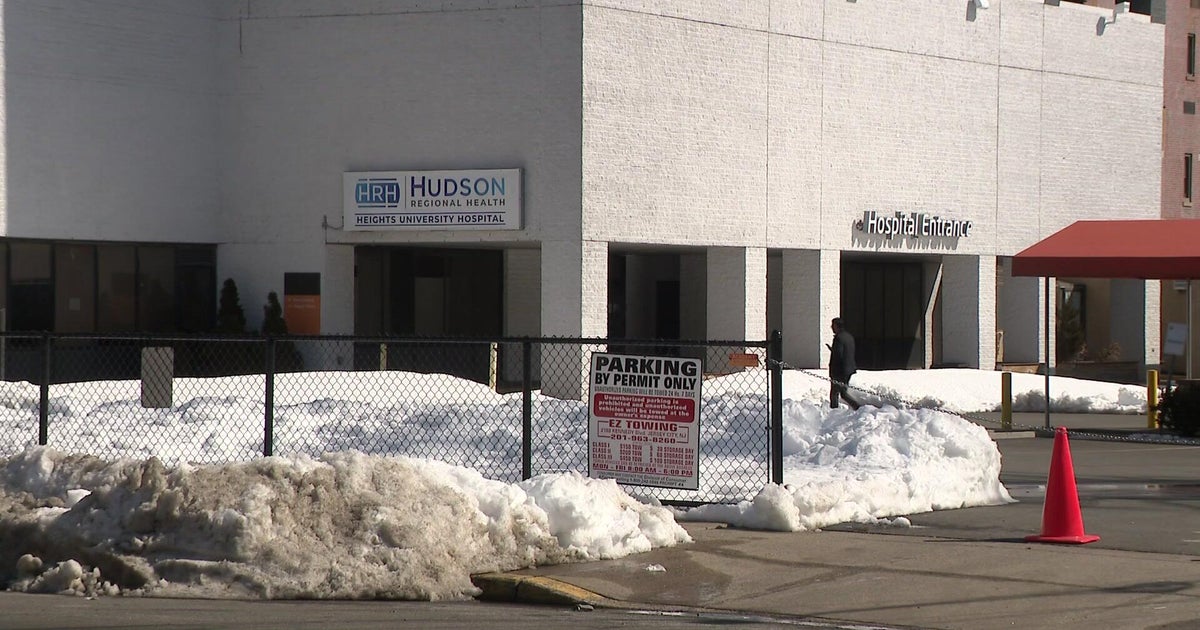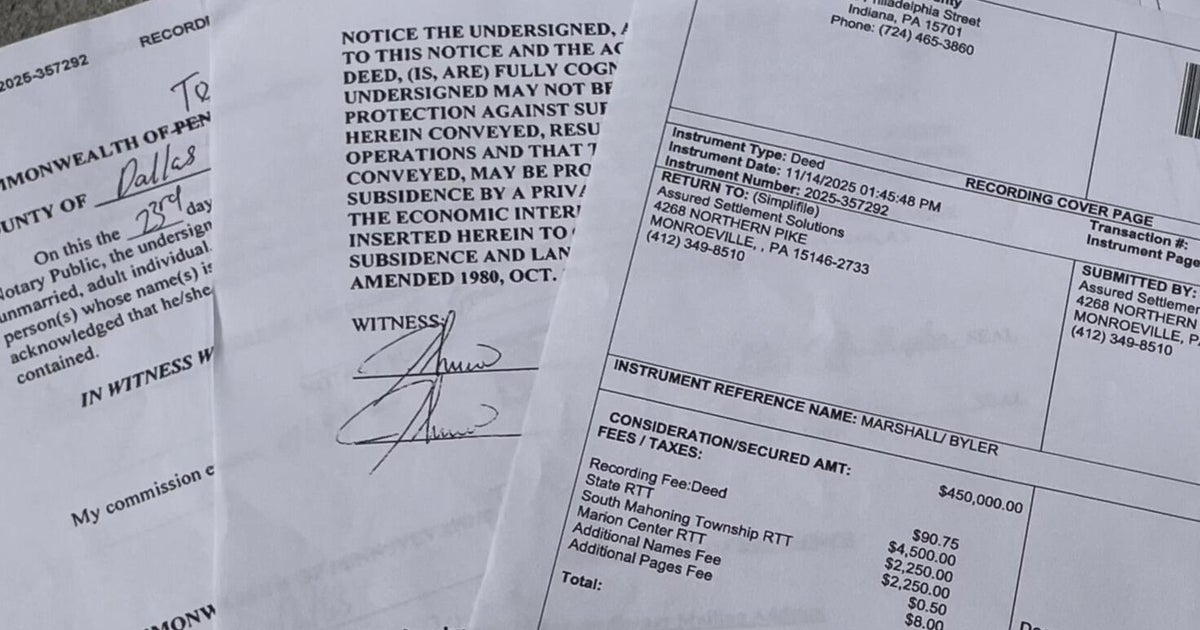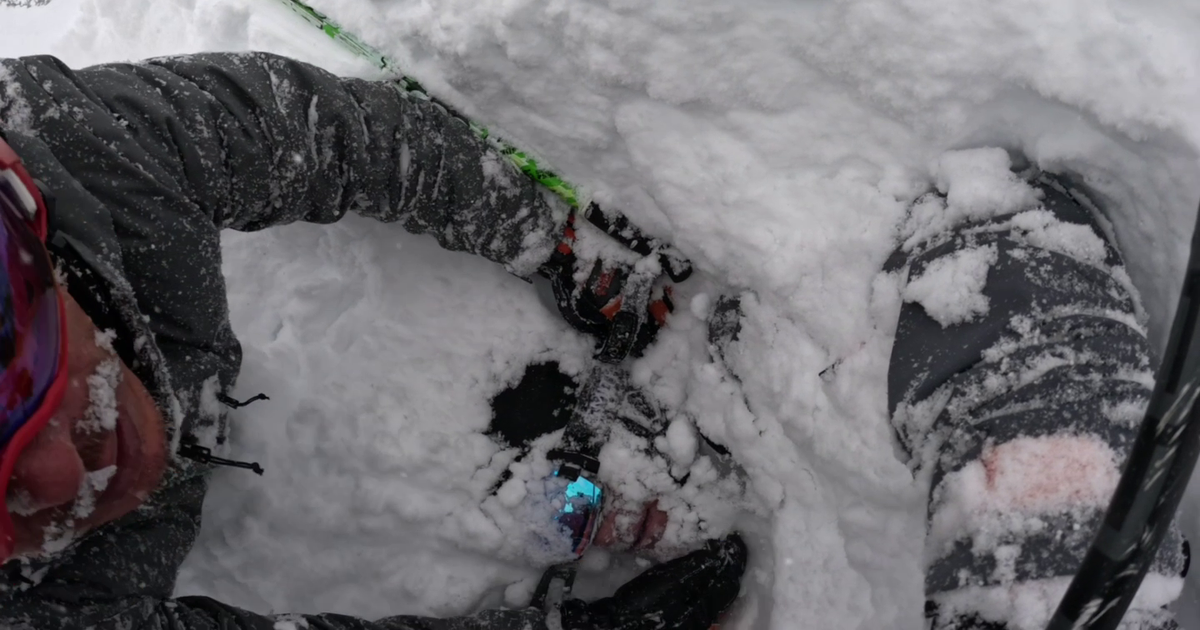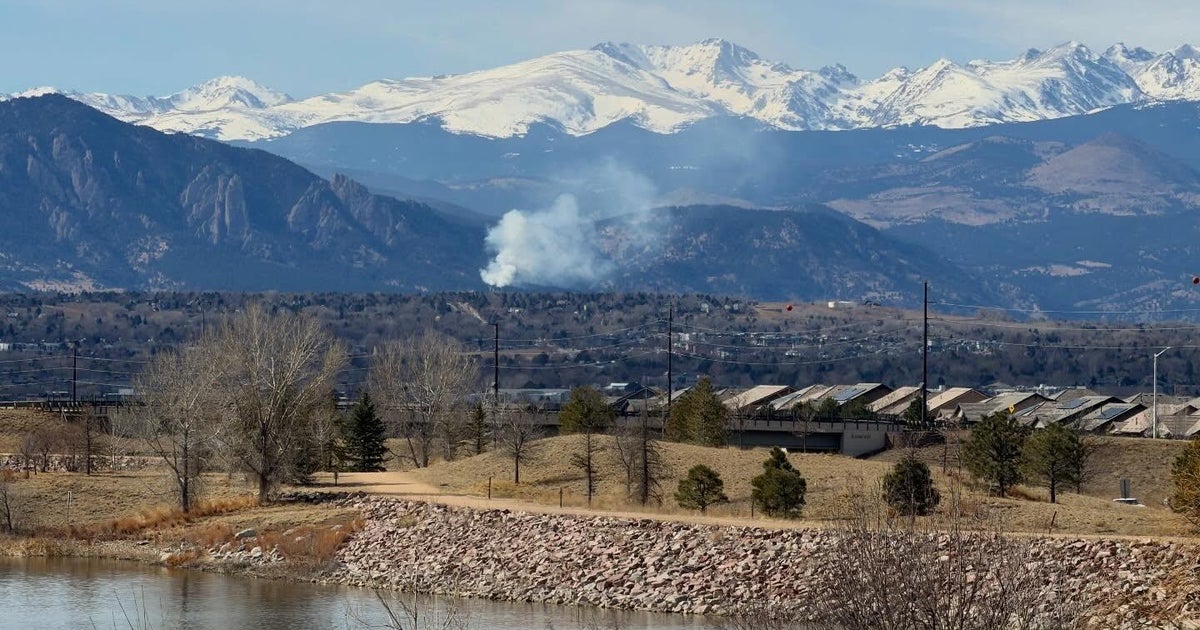Air Quality A Major Concern During Tri-State's Sweltering Heat Wave
MINEOLA, N.Y. (CBSNewYork) -- As high heat and humidity mix with pollution from power plants and motor vehicles, emergency health advisories and warnings were issued.
As CBS 2's Jennifer McLogan reports, poor air quality can be harmful, especially for those with asthma.
The haze overpowered the spectacularly heated New York City skyline as health officials issued ozone alerts for the metropolitan area.
Doctors said pollution can aggravate existing pulmonary problems.
"If you can't breathe, sometimes it can cause death," Dr. Grace Ting, of Nassau University Medical Center, said. "It is very important to stay indoors, to get away from the pollution and all the particles in the air."
Nassau University Medical Center was among those seeing a surge of emergencies brought on by smog-related breathing difficulties.
With airways burning, Long Island's Senior League played fewer innings.
"We're the over-60 league, and the heat really gets to us," one player said.
Breathing fumes from gasoline-powered mowers, lawn crews collapsed with nausea.
Elevated ozone levels can cause shortness of breath, chest pain and coughing. Many residents went to the beach just to clear their lungs.
"Just try to be careful and just know your limits," one beachgoer said.
Experts said ozone is produced when pollution from things like cars and power plants mix with the air. Some suburban communities can see the highest concentrations due to the way chemicals are transported by the wind.
"Some of the guys have asthma on the job," Long Beach Highway Superintendent Vincent Deale said. "Try to look out for everyone, make sure everybody's okay."
The heat emergency meant a relaxing dress code for Long Beach Highway employees. Others also tried to find humor in the ozone, as Giuseppe Telese created some rooftop mannequins.
"With all the allergies and with the pollen from the trees – they work in any kind of weather," Telese said.
On ozone alert days, it's important to try to stay indoors and keep hydrated. Allergy face masks are also a good option on days with poor air quality.
The State Department of Health advises cool baths, non-alcoholic fluids and light, nutritious foods during extreme heat.
